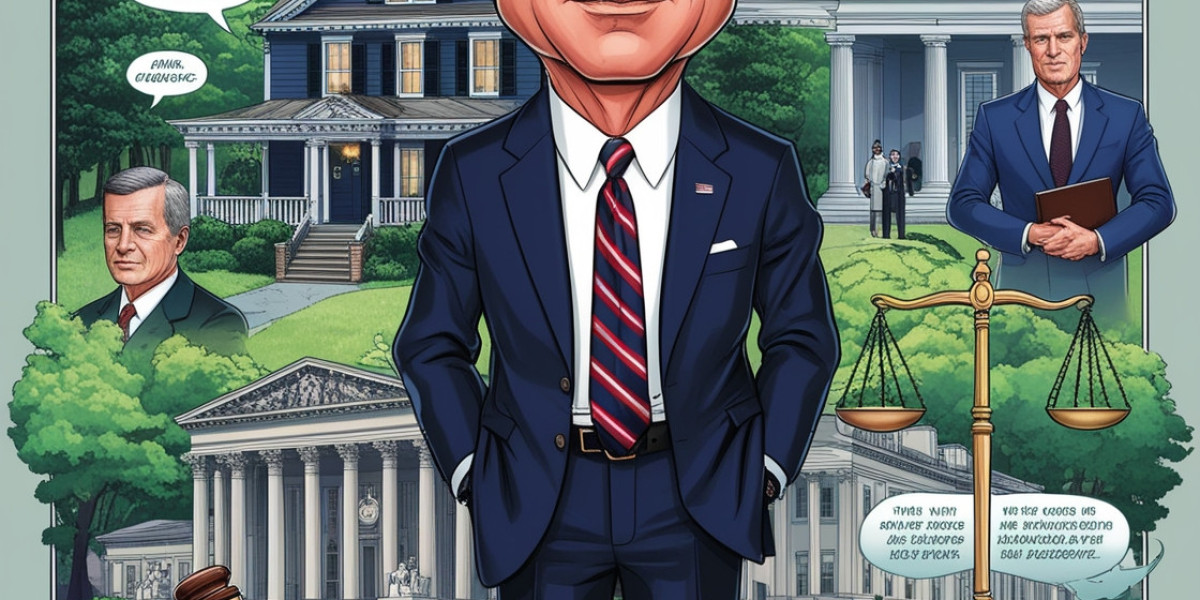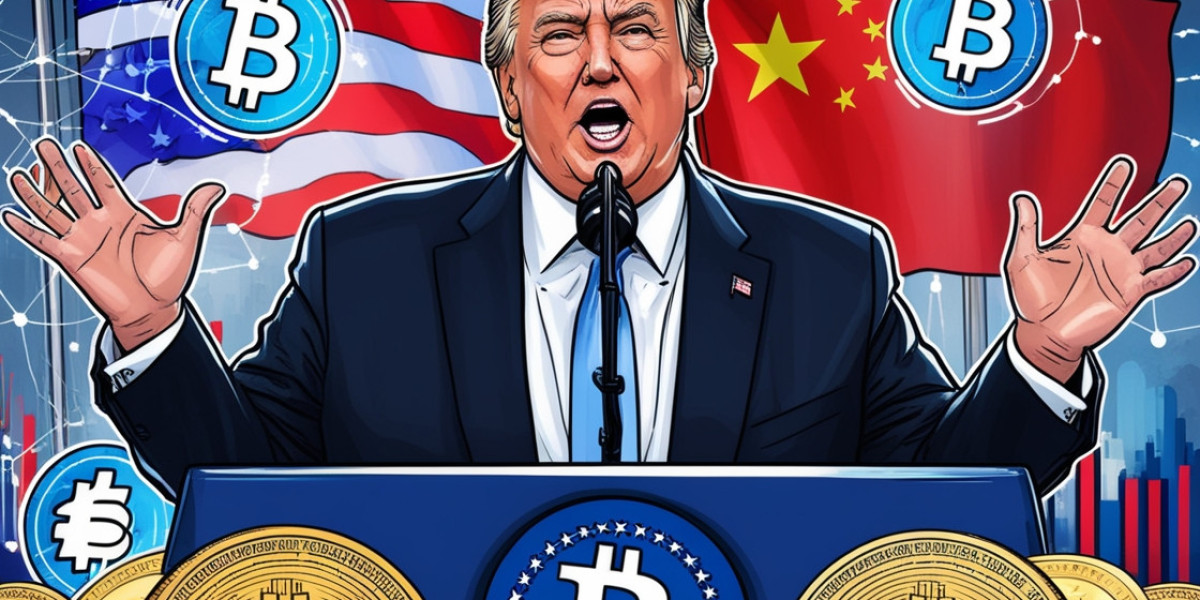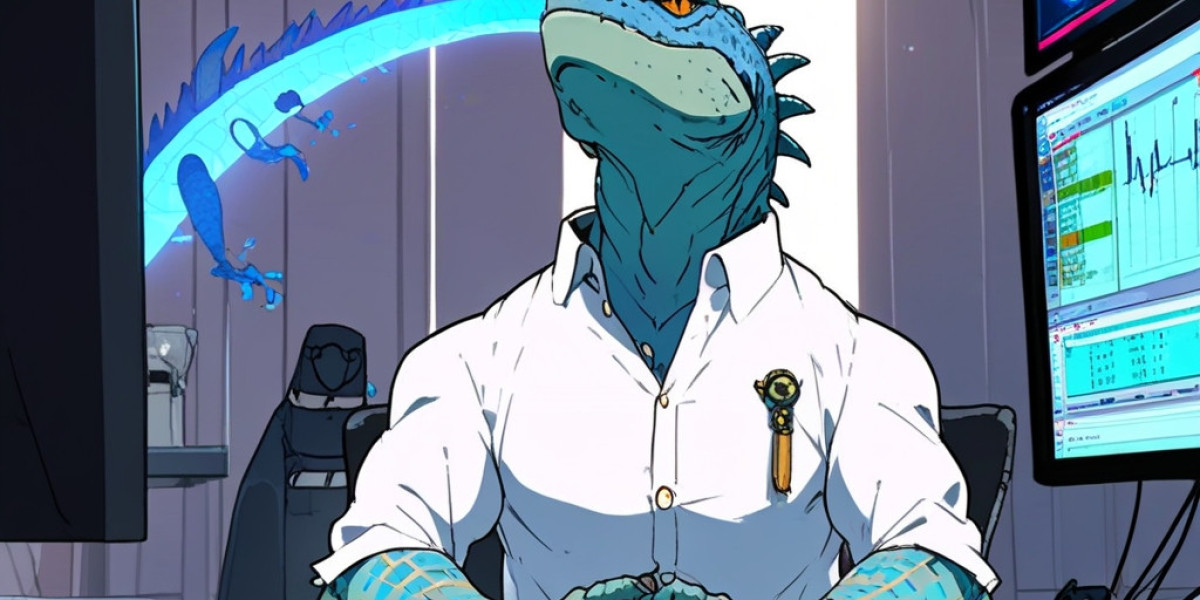The Life and Legacy of Robert F. Kennedy Jr.
1. Introduction
In the unhappy reality of the most frequent kind of tragedy, the children of a great man rarely approach the eminence of their parent. Robert Kennedy Jr., who may become even greater than his father, his father the most remarkable man to have so lately influenced the course of politics and democracy in the English-speaking world. Robert Kennedy, a man of thorough integrity, who gave of himself and his fortune with the sole object of easing misfortune and securing for all an advancement toward social justice, Robert Kennedy was surrounded by friends and enemies, was protested, if little at first, and finally assassinated. With a firm poise and an unwavering gaze, Robert Kennedy focused on his aim.
"Each generation is able - even if there is prevailing egotistical evil admittance - to take up the greatest sacrifices of the generation which precedes it, and I realized during his campaign that he was not leading an international internal American life, but permitted his vision and his courage to be internationalized and made a continuance of the combat which Sandino, Belen, Cesar August Zevallos, Mella, Pedro Lain Entralgo, Alcantara, Maceo, Estrada, Chavez Sosa, Yara, Pedro Albizu Campos, and many others including men of good of the USA were thus accentuated. That no son could better precidarse for his inmortalidad character than in a brief interval, these beings, affected for two eras and two geographical spaces, had already acceded to premortality for the reason that they thus acceded to eternal youth. The attitude of Robert - description committed of Emma Aros Ochando, reliable - long emotions for a death psychological. Robert Kennedy's two visits to Casa Cuba coincided with the previous three paragraphs; in one of them he gave stone to our facilities. He addressed Pedro Lain Entralgo to a dedication: With respect and admiration, in this house, source of health and brotherly with affection, Senator Robert Kennedy.
1.1. Background and Family Heritage
The Kennedys are the closest thing America has to a royal family. They embody America's past and the promise of its future. And though countless writers have examined the life and legacy of John F. Kennedy, more complex and important is his brother Robert F. Kennedy. Like no one before, he showed America the deep, searing wounds which needed to be healed; challenged the high and mighty whom he believed are the right enemies; and called Americans to an ethic of love, unity, and betterment.
Robert F. Kennedy (1925-1968) was the seventh of what would eventually be nine children for Joseph and Rose Kennedy. He was born in Brookline, Massachusetts a year after his brother John, the future President. John, Robert, and their eight siblings moved among some of the most exclusive homes in America. Their father, Joseph P. Kennedy, known as "The Ambassador," was well connected and wealthy. He would serve as the US Ambassador to England. In 1960, he was a contender for the Democratic Party nomination for President although he eventually lost out to John F. Kennedy. Joseph's wife, Rose Fitzgerald Kennedy, was a first-generation Irish-American-her father "Honey Fitz" served two terms as Mayor of Boston. Both Joseph and Rose valued public service and personal achievement. It became an ethic embedded in the Kennedy children. They were told to stand up for the aggrieved, stand in opposition to the boisterous mobs of mediocrity and hatred whom they believed fed off the fear and bigotry of others, and keep alive a yearning spirit of intellect and compassion. And, through their individual and combined efforts, to leave the world a better place than they found it.






